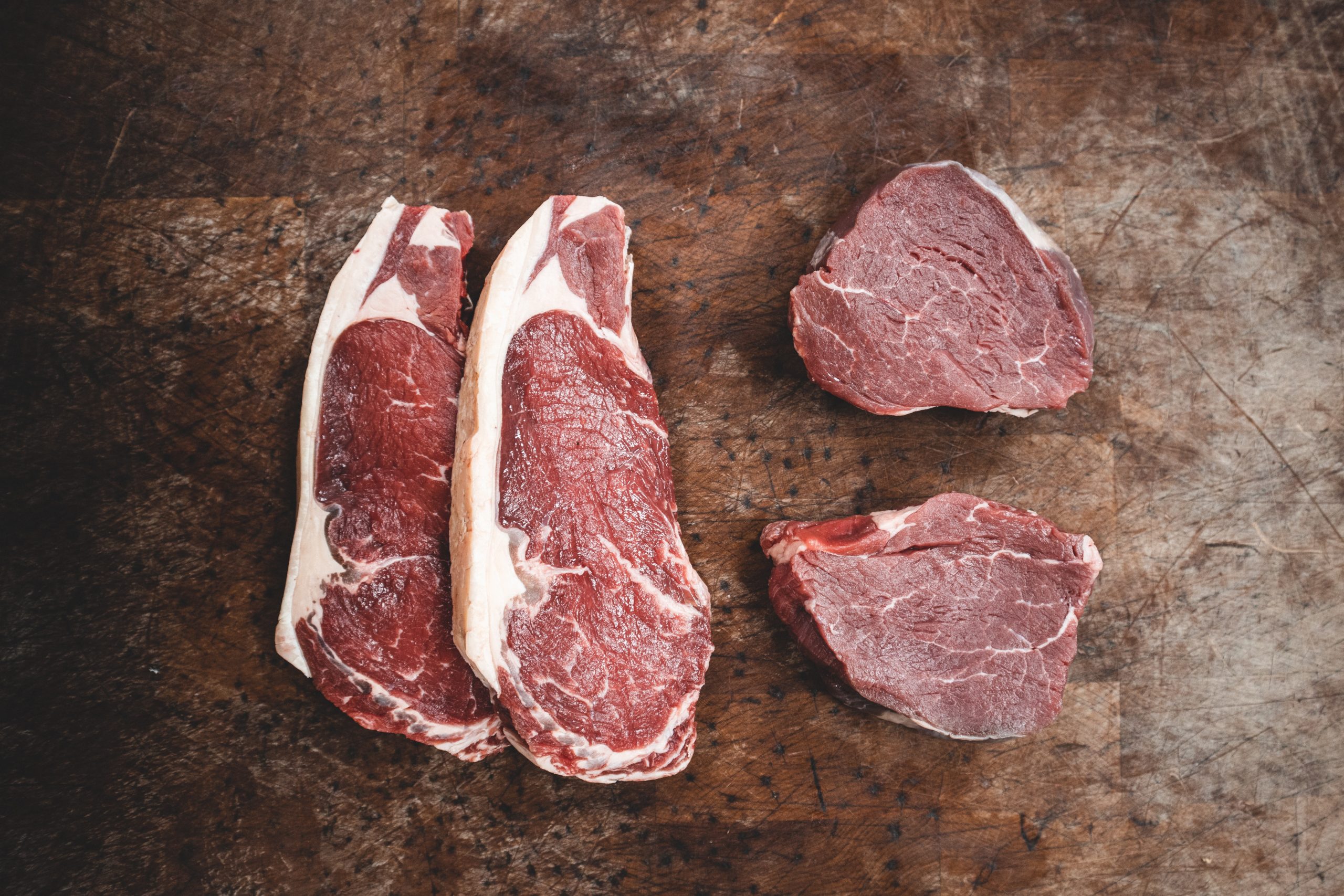Ark Biotech Is Scaling Infrastructure For The Cultivated Meat Sector Ahead Of Anticipated Industry Boom
3 Mins Read
Ark Biotech, led by ex management consultant Yossi Quint, aims to address a major stumbling block in the cultivated meat arena: scalability. The company is seeking to roll out an extensive infrastructure update to allow pilot plants to be ditched in favour of facilities capable of scaled production. Ark Biotech will address both equipment and software needs.
Earlier this year, McKinsey & Co released findings that predict a $25 billion global value for the cultivated meat sector by 2030. Quint co-authored the report, which highlighted potential choke points for widespread adoption. Chief amongst them was commercial viability, linked to price parity. This is where effective and appropriately scaled Infrastructure plays a crucial role.

Overcoming obstacles
The report noted that pilot-scale facilities and technical shortcomings were to blame for expensive set-ups. It goes on to suggest that up to 75 percent of initial costs could be removed by scaling up. Further savings would be unlocked through focussed R&D efforts. Ark Biotech will assist with the former.
The biggest equipment investment for cultivated meat operations is the essential bioreactors. Big pharma is currently the only other industry that uses them in vast qualities for commercial-scale production. If every pharmaceutical bioreactor was converted into a cultivated meat receptacle, the amount produced in a year would meet one day of the U.S. meat demand, according to Primary Venture Capital. The company is backing Quint’s bid to alleviate prohibitive costs from stalling cultivated progress.
Ark is gearing up to build complete infrastructure systems. The company is currently assembling a team of relevant experts to address various aspects of the process. Scientists, industry thought leaders and engineers are all being pulled together to craft cost-effective solutions that can be extended across the global sector. Software improvements are being given particular attention, to allow for real-time production adjustments in the future.
Yossi Quint is well-positioned to lead the project, thanks to his McKinley alternative proteins experience and extensive network.

Making cultivated meat a reality
Considered by some to be the future of protein, cultivated meat remains a contentious topic. Surrounded by moniker confusion, questions about vegan suitability, and the ethical conundrum posed by fetal bovine serum use, there is a lot to be done to normalise the industry. In recent months, a host of companies have been working on exactly these issues. While regulatory approval for commercial sale still hangs in the balance almost everywhere, progress is being made on the pilot plant and animal-free serum front by innovative startups around the globe.
An ongoing concern is the cost of cultivated meat production. Traditionally, expensive growth mediums have been necessary. New breakthroughs from the likes of Belgium’s Tiamat Sciences and South Korea’s CellMEAT suggest that price parity with conventional meat could be reached by 2030.
Aside from technological advances, the sector will benefit from increased representation and transparent business relationships. The Cellular Agriculture Europe association has been founded to give a voice to the whole industry. Based in Belgium, it aims to demystify and support companies within the field of cultivated meat development, while pushing for legislative acceptance.
Over in Israel, Aleph Farms has entered into an open supply chain arrangement with Munich-based Wacker. Food-grade growth medium proteins will be co-developed and offered to all companies within the sector. The ultimate aim is to remove cost barriers and speed the rollout of cultivated products.
Lead image courtesy of Unsplash.




